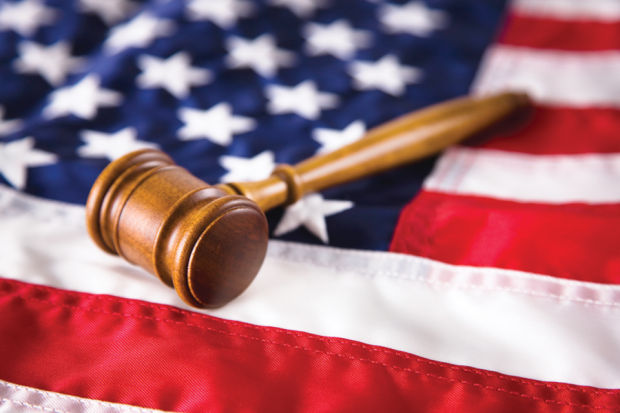LIHUE — A neighboring resort filed suit to stop a proposed dairy farm.
The suit says progress on the dairy operation should cease until its developers can prove it won’t negatively impact the surrounding environment. Grading began on the property when the County of Kauai approved an agricultural exemption to conduct grubbing and stockpiling related to agricultural operations in March.
Kawailoa Development LLP filed suit in 5th Circuit Court on July 10 against Hawaii Dairy Farms, which is developing a 582-acre dairy with 1,800 milking cows on leased Grove Farm parcels in the Mahaulepu valley and coast. Kawailoa is the Hawaii-based owner of the Grand Hyatt Kauai Resort & Spa, and the Poipu Bay Golf Course — the nearest neighboring landowner less than three miles away.
Kawailoa is claiming its business, recreational, environmental and aesthetic interests would be adversely affected by the wastewater treatment unit, the dairy farm and its effluent ponds. It claims the harm could be avoided with the preparation of an environmental assessment to assess the effects of discharge, odors and other pollution that could diminish the properties, and pose a potential health risk to employees and guests, endangered species and the natural environment.
Hawaii Dairy Farms spokeswoman Amy Hennessey called the suit “deeply disappointing,” and a “malicious attack on local food by commercial resort interests.”
The farm is a model for sustainability and environmental quality that makes productive use of important agricultural lands, she said. It followed county and state departments of agriculture and health regulatory review processes which ensures the plans meet or exceed requirements.
“We believe this suit is utterly without merit,” Hennessey said. “The nuisance claim is wholly premature, as the dairy has not yet been built.”
Kawailoa, represented by the Honolulu firm of Goodsill Anderson Quinn & Stifel, is seeking declaratory relief, wanting the court to order the dairy to follow the Hawaii Environmental Protection Act framework under Chapter 343 for review of activities that utilize any wastewater treatment. The suit seeks an environmental assessment, and an injunctive relief for any irreparable harm that would occur if operations continue without an environmental review — or to declare the dairy a public nuisance.
Under state law, all agricultural operations approved by regulators are guaranteed the freedom to farm without being challenged as a nuisance, Hennessey said. Kawailoa is attempting to create a 2.5-mile buffer zone around its property, even though the golf course is located on ag land and was itself the subject of state Supreme Court reclassification in 1988.
“Kawailoa Development LLP’s unreasonable demand for our agricultural operation to undergo an environmental assessment is a gross overreach of the law by the very law firm that refused to do an environmental assessment for the Hawaii Superferry,” she added. “If successful, this legal action essentially sets a precedent that will end all animal agricultural operations in the state that use effluent impoundments including pig farms, chicken farms, dairy farms and ranching.”
Included in the suit is a reconnaissance survey of Mahaulepu that was published by the National Park Service in 2008. The long-term conceptual plans included an interpretive pedestrian path around the valley, with hundreds of acres dedicated to traditional Hawaiian taro-growing, native Hawaiian healing plants, organic greens, fruit orchards, and other food to table crops. The report listed the valley, streams, wetlands and manmade reservoirs as habitats for five endemic endangered birds.
“According to NPS, because sensitive conservation areas are mingled with active agricultural land, future activities on agricultural land could cause major impacts on significant resources,” the complaint stated. “Impacts on the endangered species and archeological features that have been identified by NPS have not been studied by Defendant in an environmental review process pursuant to (HEPA) Chapter 343.”
A message to Kawailoa Development LLP’s attorney Lisa Bail was not returned Monday.
The complaint also notes that the U.S. Environmental Protection Agency has determined that the dairy is a “Confined Animal Feeding Operation.” After being advised by EPA that dairy qualifies as a large CAFO, HDF held a public meeting and claimed they were not a CAFO.
The case is assigned to Chief Judge Randal Valenciano. No hearings have been scheduled.


